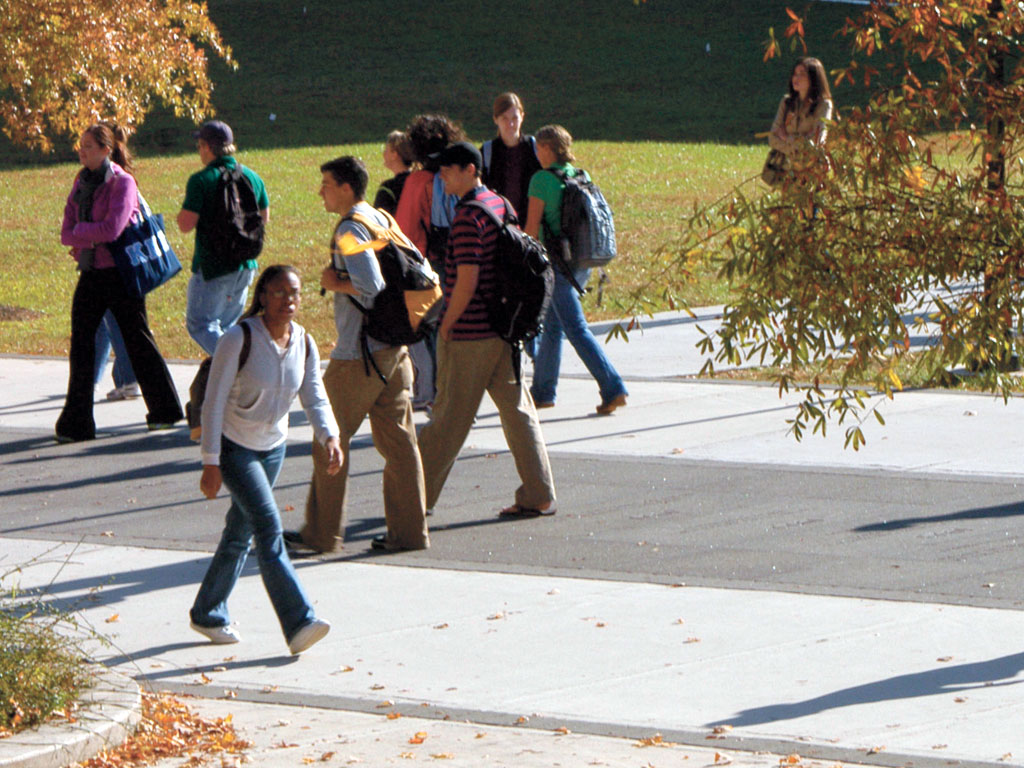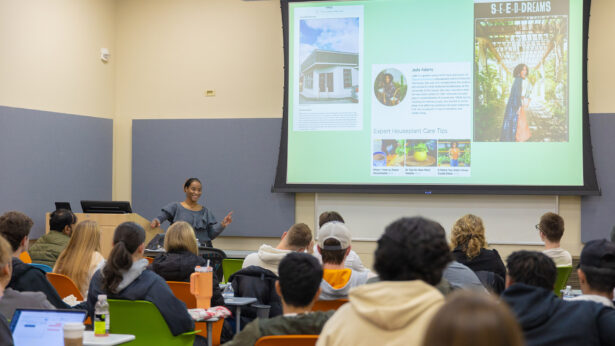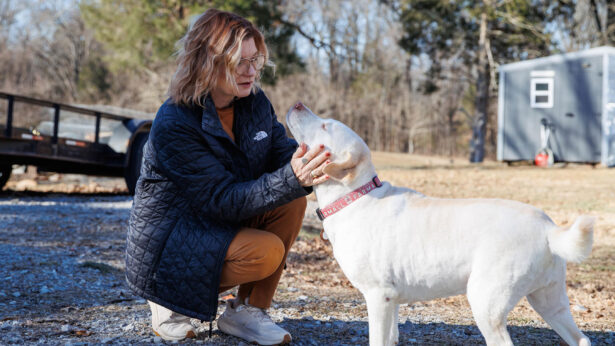By Ellie Amador and Elizabeth A. Davis
Road for Transfer Students Smoother
Not all students are ready to immediately enroll in a university after high school graduation. Often these students require more academic work before they can be admitted. Perhaps they are not ready financially or emotionally.
Community college is a good choice. The University of Tennessee and other public universities in the state have now made it a better choice, especially if students want to transfer later to a bachelor’s program. UT and the Tennessee Board of Regents (TBR) created 50 transfer pathway programs to guarantee students seamless transition from two- to four-year schools in the state. The initiative began in fall 2011.
“This is among the most important achievements in recent years to increase the number of Tennesseans with four-year degrees,” says UT President Joe DiPietro.A student entering a community college in Tennessee now may select one of 50 majors with a pathway, complete required courses and transition as a junior at a Tennessee public university. If followed exactly, the pathways guarantee admission to most public universities in the state, and all earned credit hours will apply toward a bachelor’s degree in the same discipline.
UT Knoxville is the only school not offering guaranteed admission due to a mandate by the state to remain competitive, but the credits will transfer if the student is admitted.
Sarah Bast, a school counselor at West High School in Knoxville and 1998 graduate of UT Knoxville’s master’s in school counseling program, helps students plan their future after high school. Sometimes that includes going to a community college.
“For too many years, we let students go this route to then learn the courses they took would not transfer,” she says.
UT officials hope the transfer pathways will not only lead students to a UT campus but also better define their paths toward graduation.
More than 450 faculty members from UT’s campuses and TBR schools sat down together to work through the details of each pathway. About 4,500 students transferred from Tennessee’s community colleges to universities in fall 2010. Of those students, more than 1,200 transferred to UT.
The pathways include programs such as business administration, engineering, nursing, agriculture and criminal justice, among many others. Each pathway outlines approximately 41 general education credit hours and 19 hours of prerequisites necessary for transfer.
Schools participating in the program include TBR’s 13 community colleges and six universities and UT’s three undergraduate campuses in Chattanooga, Knoxville and Martin.
Kat Coy’s primary role at Knoxville Catholic High School is preparing students for college. As a school counselor, her best advice to parents is to make college a topic of conversation as often as possible.
“One of the biggest mistakes to make is waiting too long to start talking about college,” says Coy, a 2006 graduate of the master’s program in school counseling at UT Knoxville.
For more information about the transfer pathways, visit www.tntransferpathway.org.



